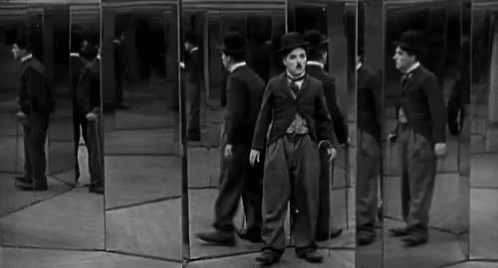Editor’s note: While preparing for this week’s podcast (“Carefully entering the hall of mirrors created by the 'God Made Trump' video”) I emailed a former GetReligionista who is way smarter than me about the Byzantine Beltway world. That would be “Mark — Mark Hemingway.” If you get that reference, you know that @Heminator knows a few things about mass-media satire. Here is his response, with slight editing.
—————
I haven't seen anything that establishes it's satire; but it's so over the top I also can't imagine anyone took it seriously.
I would only note that there's a very, very fine line for the "meme magic" online right between satire and stuff calculated to "trigger the libs." Basically, if the left is outraged by something, the idea is that they're going to lean so hard into it so as to make the issue pervasive enough that the criticism for doing what is unacceptable loses its sting.
Why? Because the left holds tremendous cultural power in setting the boundaries for what is acceptable and unacceptable discourse. That was always a power that the left abused by applying double standards and political correctness to their advantage; but it was mostly done around the margins because of a general consensus on the First Amendment as an important value.
However, in the last decade or so with critical theory/wokism/cancel culture finally obtaining some sort of critical mass in among institutional leadership that the First Amendment consensus is really no more, at least among a lot of cultural gatekeepers, and they've just been moving the goalposts randomly as it suits their purposes.










